According to Cathay Pacific Pet Policy, pets are not allowed to fly in the cabin unless they are medically certified. However, passengers can fly with their furry friends as checked baggage in the manifest cargo or cargo hold.
Traveling with your pet? Here’s a quick guide to Cathay Pacific's pet travel policies to ensure a smooth journey for your furry friend:
Booking: Make pet reservations at least 48 hours before departure.
Cabin Travel: Only medically certified service dogs are allowed to travel in the cabin with their owners, free of charge.
Checked Baggage or Cargo:
Dogs, cats, and birds can travel as checked baggage in the cargo hold or as manifest cargo.
Pets can only be transported as cargo baggage on direct flights between Hong Kong and New Zealand.
Pet Fees:
Weight-Concept Flights: Fees are calculated per kilo based on standard excess baggage rates.
Piece-Concept Flights:
2x the extra baggage fee per piece for pets up to 50lb/23kg and 158cm/62in.
An additional fee of USD 150 for each limit exceeded up to 70lb/208cm/80in.
4x the fee per piece for pets exceeding 70lb/32kg and 203cm/80in.
Age Requirements: Puppies and kittens must be fully weaned and at least 8 weeks old.
Brachycephalic Breeds: Snub-nosed cat and dog breeds are not accepted.
Temperature Restrictions: Cathay Pacific may not accept your pet if:
The runway temperature exceeds 84°F (29°C) or is below 45°F (7°C) at departure.
An Acclimation Certificate may be required if temperatures are extreme.
Pet Carriers: Must be IATA-compliant. Wooden crates are not allowed.
Feeding: Avoid feeding your pet (food or water) within 4 hours of flight departure.
Make sure to follow these guidelines to ensure a comfortable and safe trip for your pet with Cathay Pacific.
Traveling with Pets as Checked Baggage on Cathay Pacific
As per Cathay Pacific Pet Policy guidelines, pets are allowed to travel in the cargo hold as checked baggage on most flights. The cargo hold maintains the same temperature and pressure as the passenger cabin, ensuring your pet's comfort.
Conditions for Pets Traveling in the Cargo Hold:
Departure from Hong Kong:
Confirm with the local Cathay Pacific office if your pet can be accepted as checked baggage.
Arrival in Hong Kong:
For details on the Cathay Pacific pet policy, be aware that pets must travel as cargo baggage. Contact the local Cathay Pacific office for more information and refer to Hong Kong’s Agriculture, Fisheries, and Conservation Department’s specific requirements.
Service Animals:
Trained service dogs can travel free of charge with their owners in the passenger cabin.
Pet Carrier Requirements:
General Guidelines:
Carriers larger than 203cm/80in and weighing over 70lb/32kg (including the pet) require prior approval.
Carriers must be lockable, escape-proof, and leak-proof.
Ensure the carrier is well-ventilated with enough breathing holes.
Comfort:
Pets should be able to stand, sit erect, lie down naturally, and turn around comfortably inside the carrier.
Specifications:
Carriers must be IATA-compliant.
The floor should have absorbent material.
Include a non-spillable water container inside, accessible from outside and securely fixed to the bottom, within easy reach of the pet.
Enhance Your Pet's Travel Experience
Adhering to these guidelines under the Cathay Pacific pet policy ensures a safe and comfortable journey for your pet. Whether you’re flying out of or into Hong Kong, understanding and following the pet travel policy will make the trip stress-free for both you and your furry friend.
Cathay Pacific allows pets to travel under specific conditions. Here’s a detailed overview to ensure a smooth journey for your furry friends.
Dog Containers:
Must be constructed from solid fiberglass or rigid plastic/metal with welded metal mesh.
Wooden containers are not accepted.
Should be easy to handle and designed to prevent handlers from getting attacked.
Cat Containers:
Can be constructed from solid fiberglass, wood, rigid plastic, or metal.
Welded and wire mesh containers are not recommended.
Should be easy to handle and designed to prevent handlers from getting attacked.
Documents and Certificates:
Health certificate stating transport in an approved cargo crate.
Veterinarian certification of health and freedom from communicable diseases.
Acclimation certificate for extreme weather conditions.
All necessary certificates and documentation as required by the destination country (Refer to the IATA Travel Center’s website for local requirements).
Restrictions:
Pets are not accepted as checked or cargo baggage on itineraries involving other airlines.
Certain breeds are not accepted due to health risks:
Brachycephalic Dogs:
Tibetan Spaniel
Staffordshire Bull Terrier
Shih Tzu
Shar Pei
Pug (all breeds)
Pekingese
Mastiff (all breeds)
Lhasa Apso
Japanese Chin (Japanese Spaniel)
English Toy Spaniel
Dogue de Bordeaux
Chow Chow
Cavalier King Charles Spaniel
Bulldog
Brussels Griffon
Boxer
Boston Terrier
Affenpinscher
Fighting Dog Breeds:
Japanese Tosa
Fila Brasileira
Dogo Argentina
American Staffordshire Terrier
American Pit Bull
Brachycephalic Cats:
Sphynx cat
Scottish Fold
Persian cat
Himalayan cat
Exotic shorthair
Burmese
British shorthair
Long Flights:
Ensure your pet is hydrated before departure.
For journeys of 12 hours or longer, provide water to keep your pet hydrated throughout the flight.
Pets as Cargo Baggage:
All pets must travel in IATA-compliant pet crates.
Wooden crates are not allowed for dogs.
Cathay Pacific Pet Charges
Pet Fees for the United States and Canada (Per Piece Basis)
Weight: 50lb/23kg
Size: 158cm/62in (L + W + H)
Overweight and Oversized Pet Fees
Pet Charges for All Other Countries (Weight-Concept)
Key Points to Remember:
Booking: Book pet travel at least 48 hours before departure.
Certification: According to Cathay Pacific Pet Policy, only medically certified service dogs can travel in the cabin free of charge.
Cargo Hold: Pets (dogs, cats, birds) can travel as checked baggage or manifest cargo.
Routes: Pets must travel as cargo on non-stop flights between Hong Kong and New Zealand.
Fees: Pet fees vary based on weight and size, and are charged per standard excess baggage rates.
Age and Health: Pets must be fully weaned and at least 8 weeks old.
Brachycephalic (snub-nosed) breeds are not accepted.Weather Restrictions: Pet travel may be restricted based on runway temperatures.
Carrier Requirements: IATA-compliant pet carriers are mandatory, with specific requirements for size, ventilation, and water containers.
Upgrade your pet’s travel experience with Cathay Pacific by ensuring you follow these guidelines and prepare accordingly for a smooth journey.
Pet Charges for Flights to/from New Zealand
Pets traveling to or from New Zealand must be transported as cargo baggage.
For more information or assistance, contact your local cargo office.
Bringing Guide and Assistance Dogs on Cathay Pacific
Traveling with Guide Dogs: Enjoy the benefit of having guide dogs travel in the cabin at no extra charge.
Service Dog Guidelines
Definition:
Guide or assistance dogs are trained to assist people with physical disabilities, enhancing their independence. This includes hearing, guide, and service dogs.
Travel Policies:
Accreditation: Dogs must be accredited by:
Assistance Dogs International
Assistance Dogs Europe
International Guide Dog Federation (IGDF)
Special Permit: If traveling to or via Hong Kong, a special permit from the Hong Kong Agriculture, Fisheries, and Conservation Department (AFCD) is required.
Booking: Contact a local Cathay Pacific office at least 48 hours before departure to make a reservation.
General Conditions for Guide Dogs:
Species: Must be a dog.
Age: Must be at least 4 months old.
Training: Must be fully trained. Dogs under training must travel as checked or cargo baggage.
Seating:
Must remain seated on the floor at the passenger’s feet or in the passenger’s lap (if small enough).
Must not extend into the aisle or another passenger’s foot space.
Must not occupy a seat.
Must stay with the passenger at all times.
Sanitation: Comply with health and sanitation requirements, especially if the dog needs to relieve itself.
Recommended Behavior:
Control: The dog must be under the owner’s control at all times, leashed, harnessed, or tethered.
Behavior: The dog must not:
Bark excessively.
Growl or bite.
Lunge or jump on people.
Urinate or defecate in the cabin, gate area, or terminal.
Eat from a seat back tray table.
On the Day of Travel:
Arrival: Arrive at the airport a little earlier than the regular check-in time.
Documentation: Bring original copies of the required documentation for check-in and upon arrival at your destination.
Cathay Pacific Pet Policy ensures a smooth travel experience for you and your guide/assistance dog on Cathay Pacific. For further assistance, contact Cathay Pacific’s global contact center or your local cargo office.
Frequently Asked Questions On Cathay Pacific Pet Policy
What are the guidelines for Cathay Pacific pet transport?
Cathay Pacific may refuse to transport your pet if it's ill, behaves aggressively, is in an unsuitable kennel, or if extreme temperatures at the departure, transfer, or arrival airports pose a risk.
What is the cathay pacific pet travel cost?
At the time of flight booking or reservation Cathay Pacific will provide you fee details based on pet size, weight and more. For more details, you can check out Cathay’s official website.
What counts as an emotional support animal in Cathay Pacific?
Any animal that is domesticated can be considered an Emotional Support Animal (ESA). This includes pets such as cats, dogs, mice, rabbits, birds, hedgehogs, rats, mini pigs, and ferrets, regardless of their age.
What is the cathay pacific pet cargo price?
It can cost between $275 USD to $300 USD. Though for larger size dogs, the price can go up to $1000. Rest all depends on the Airlines rules and conditions.
What are the requirements for pet carriers on Cathay Pacific?
Under the Cathay Pacific pet policy, pet carriers must meet IATA standards. Carriers exceeding 203cm/80in in total dimensions require prior approval before travel. They should be lockable, escape-proof, leak-proof, and well-ventilated to ensure your pet’s comfort.
Inside the carrier, your pet should be able to:
Stand or sit upright
Lie down comfortably
Turn around easily
Additionally, carriers must include a non-spillable water container that is securely attached to the carrier’s floor. The container must be accessible from outside and easily reachable for your pet.


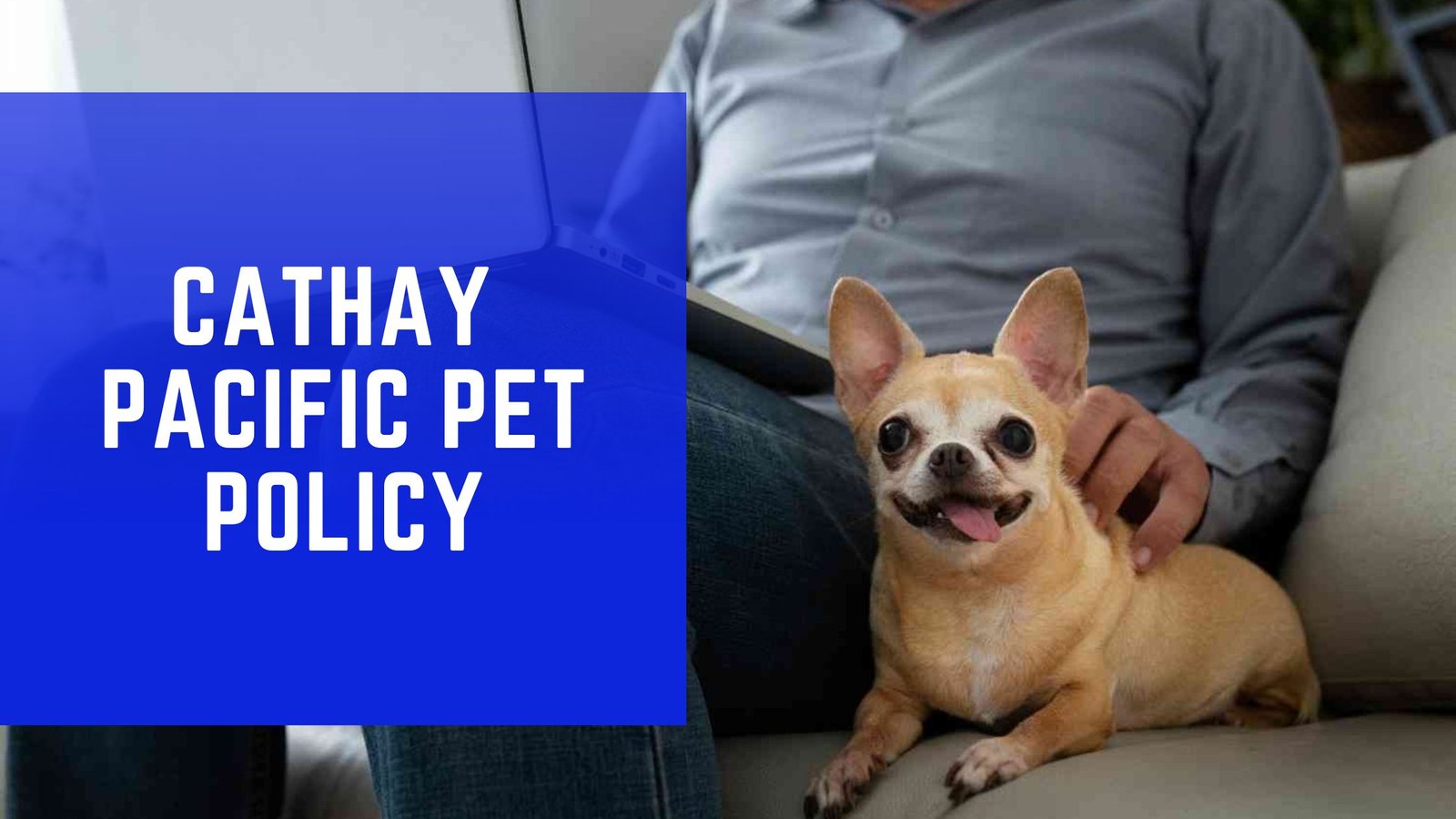

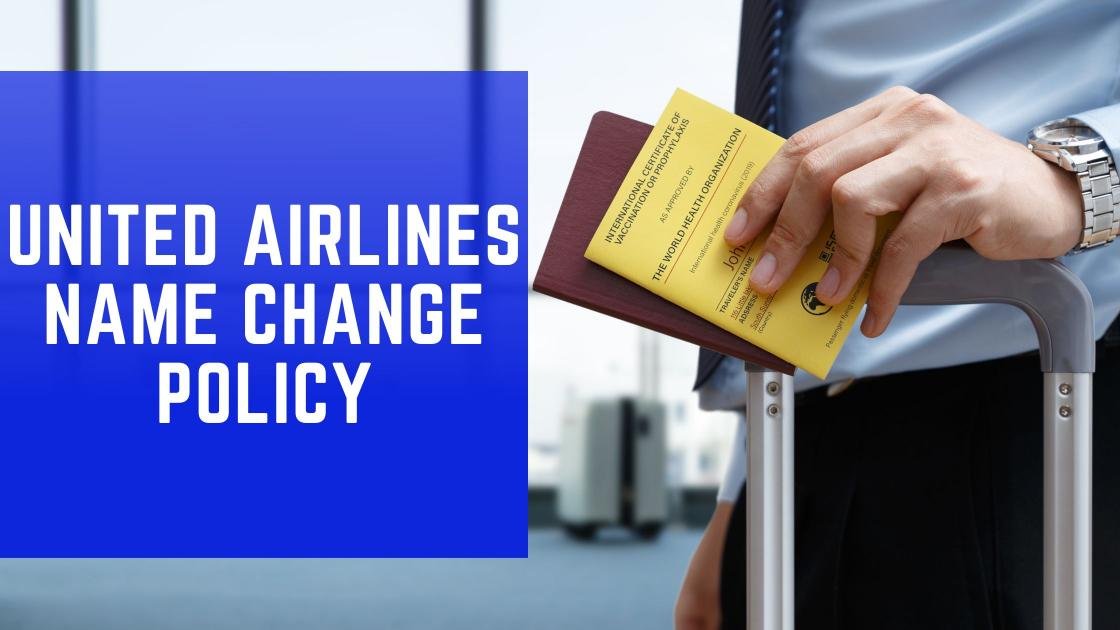

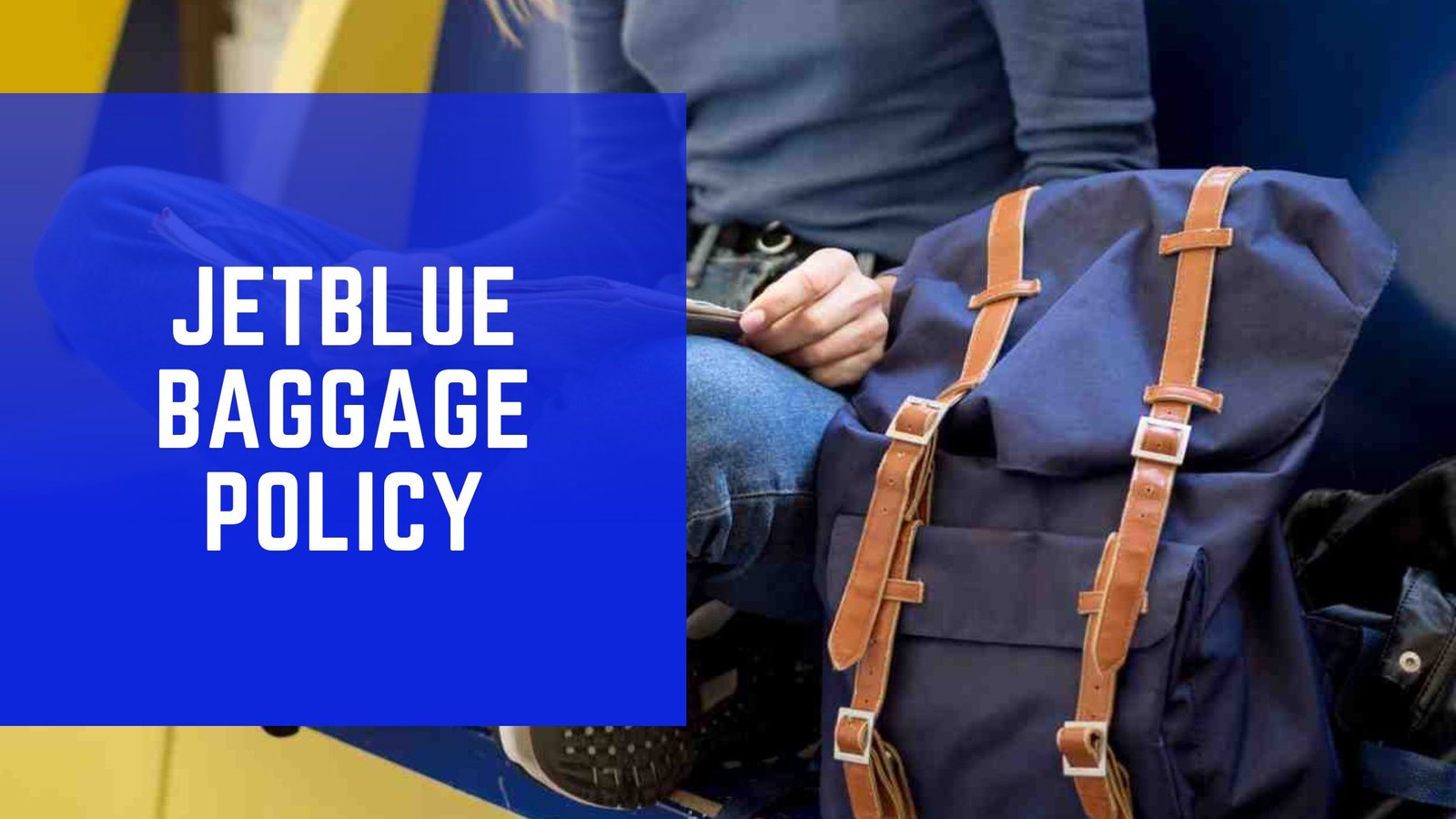
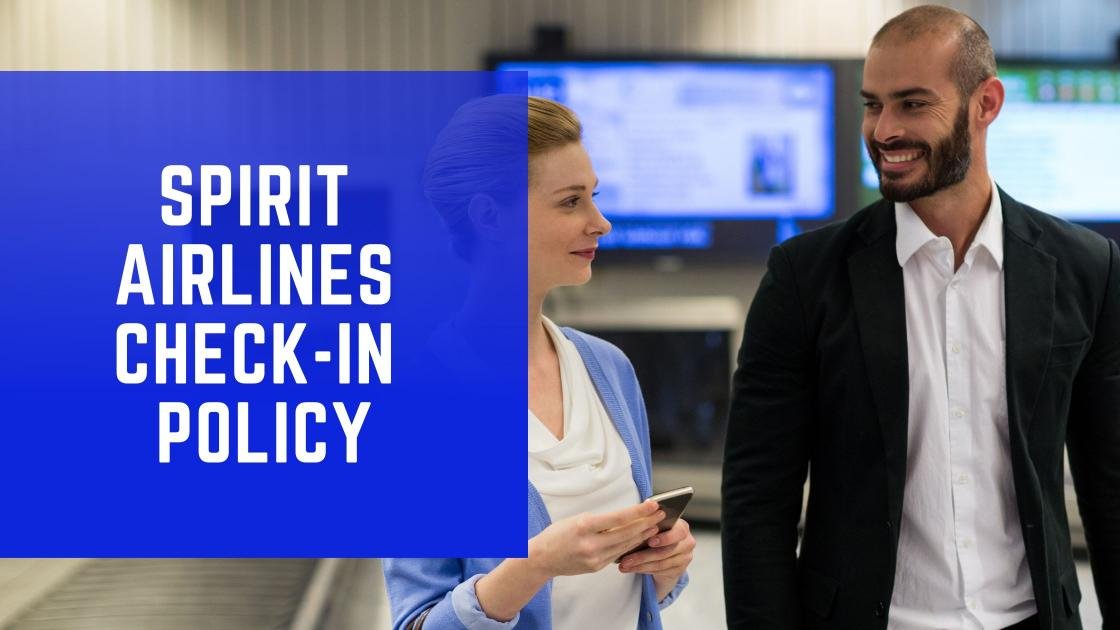
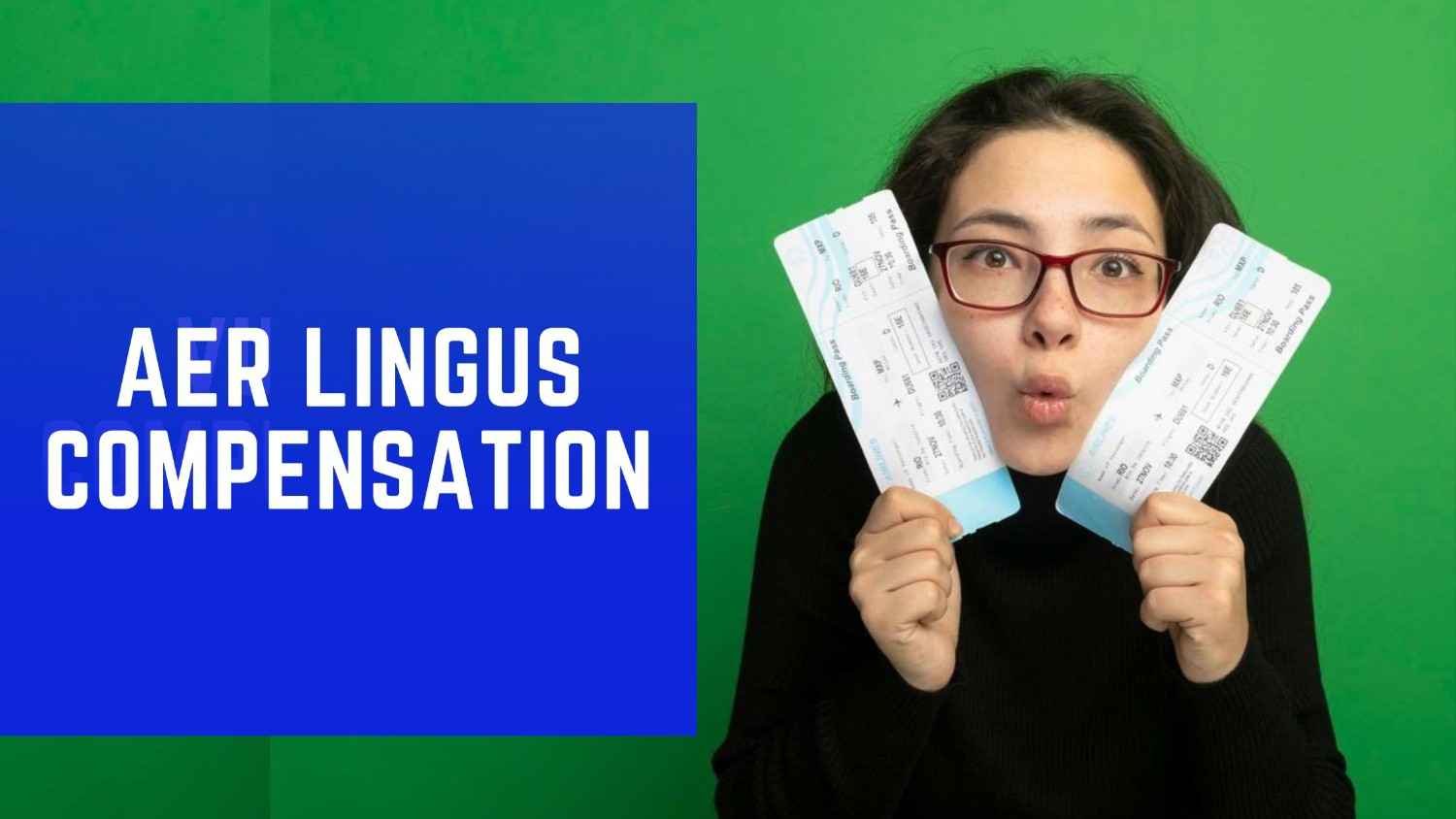
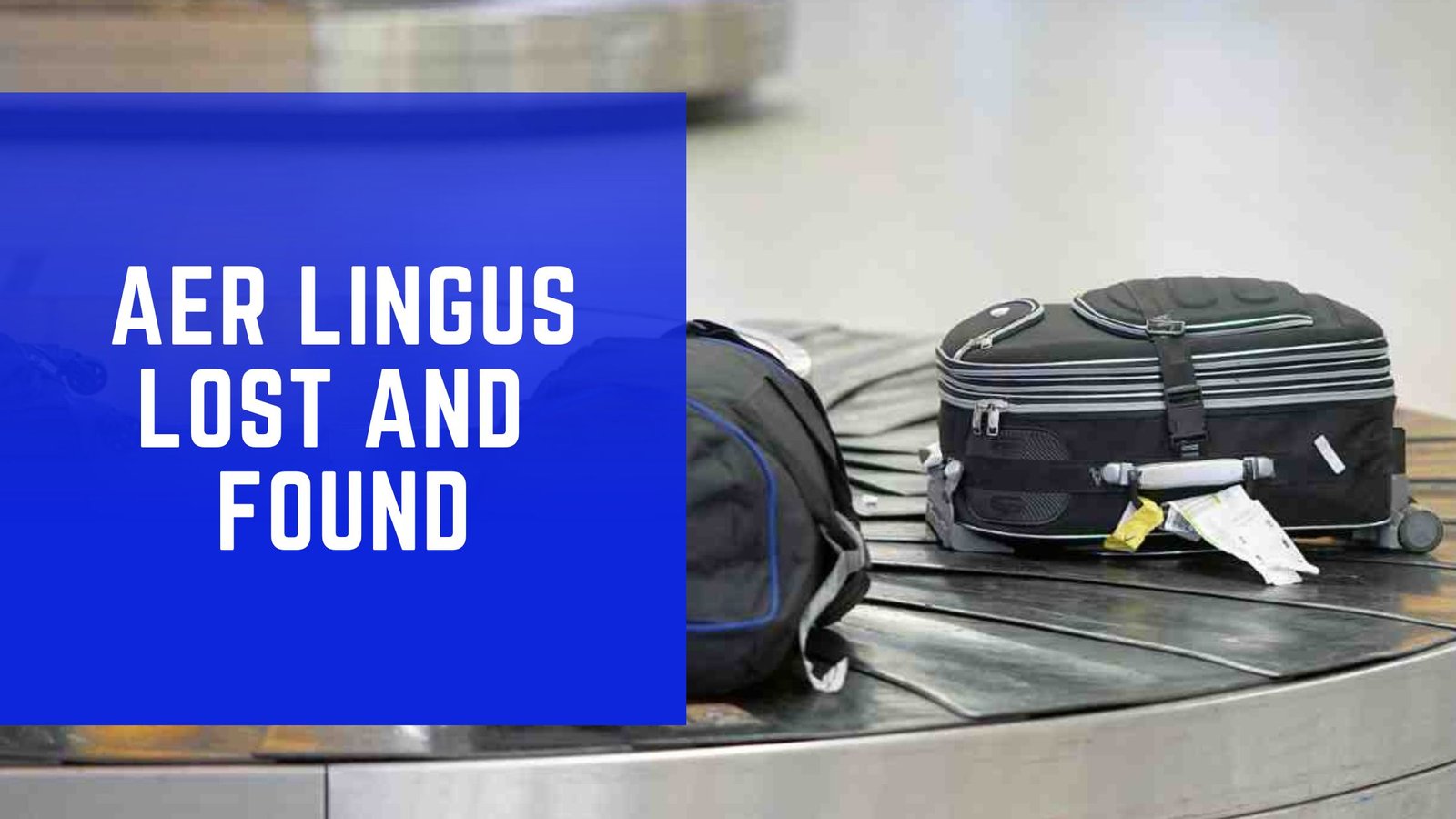


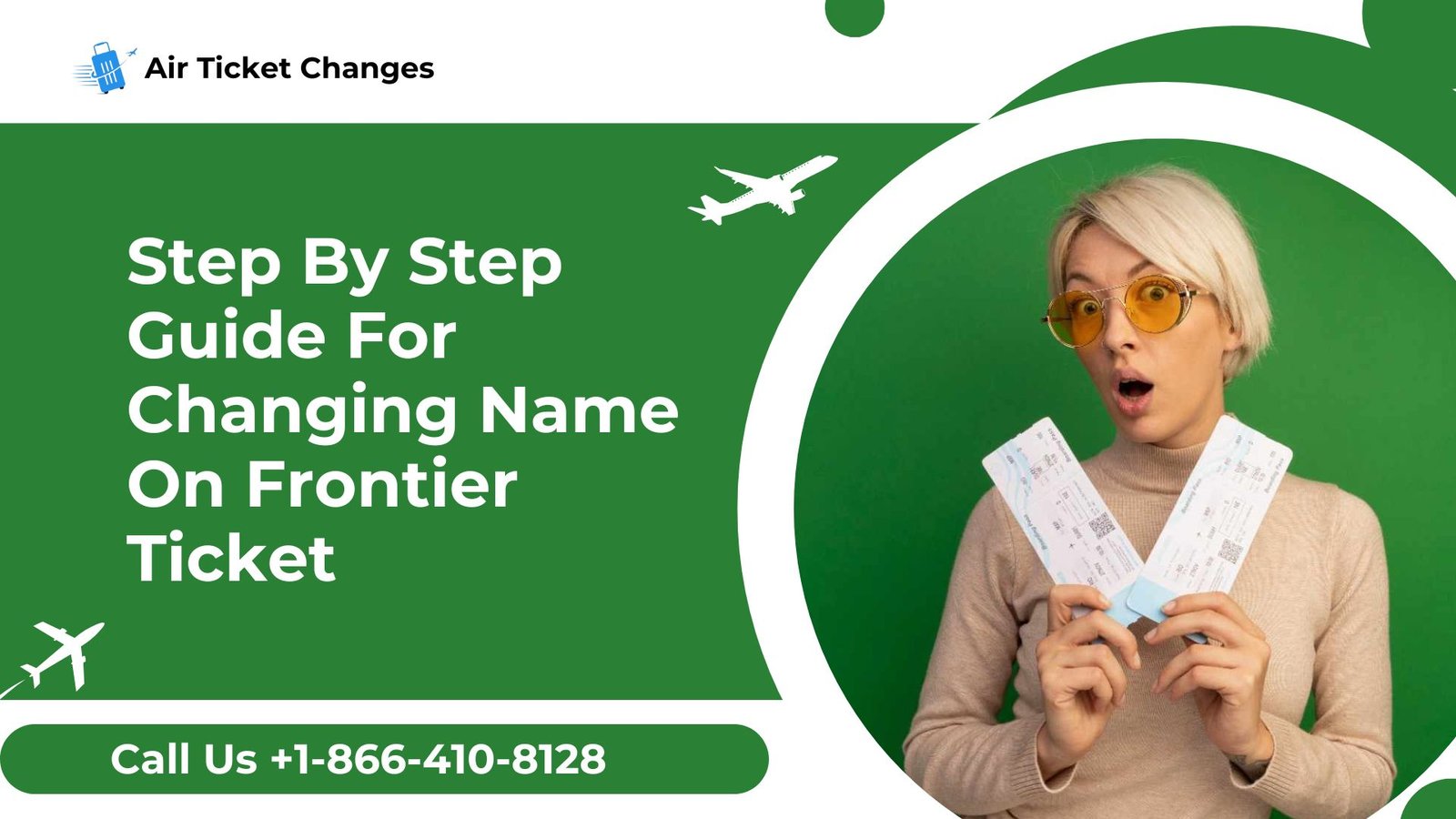
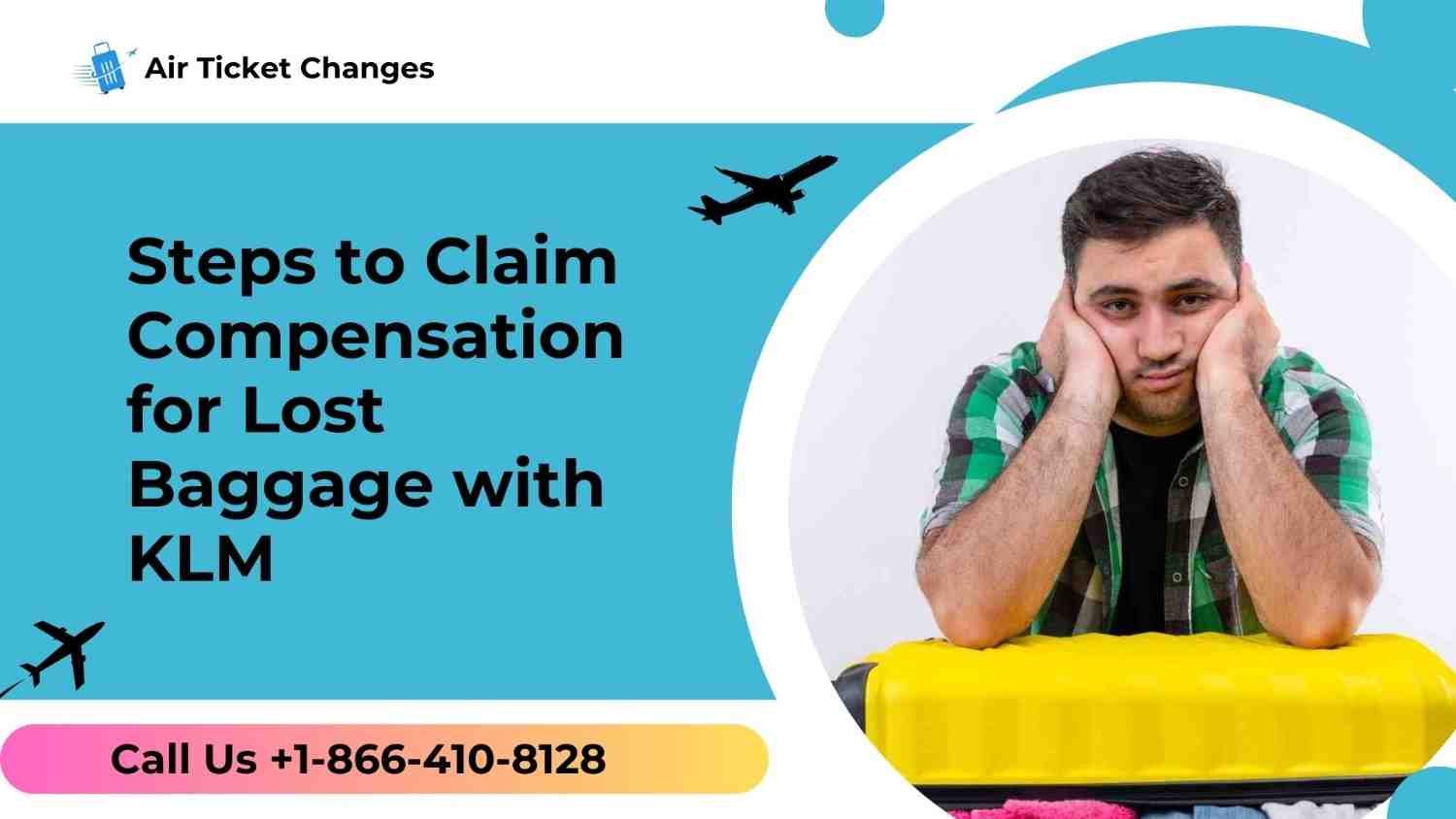

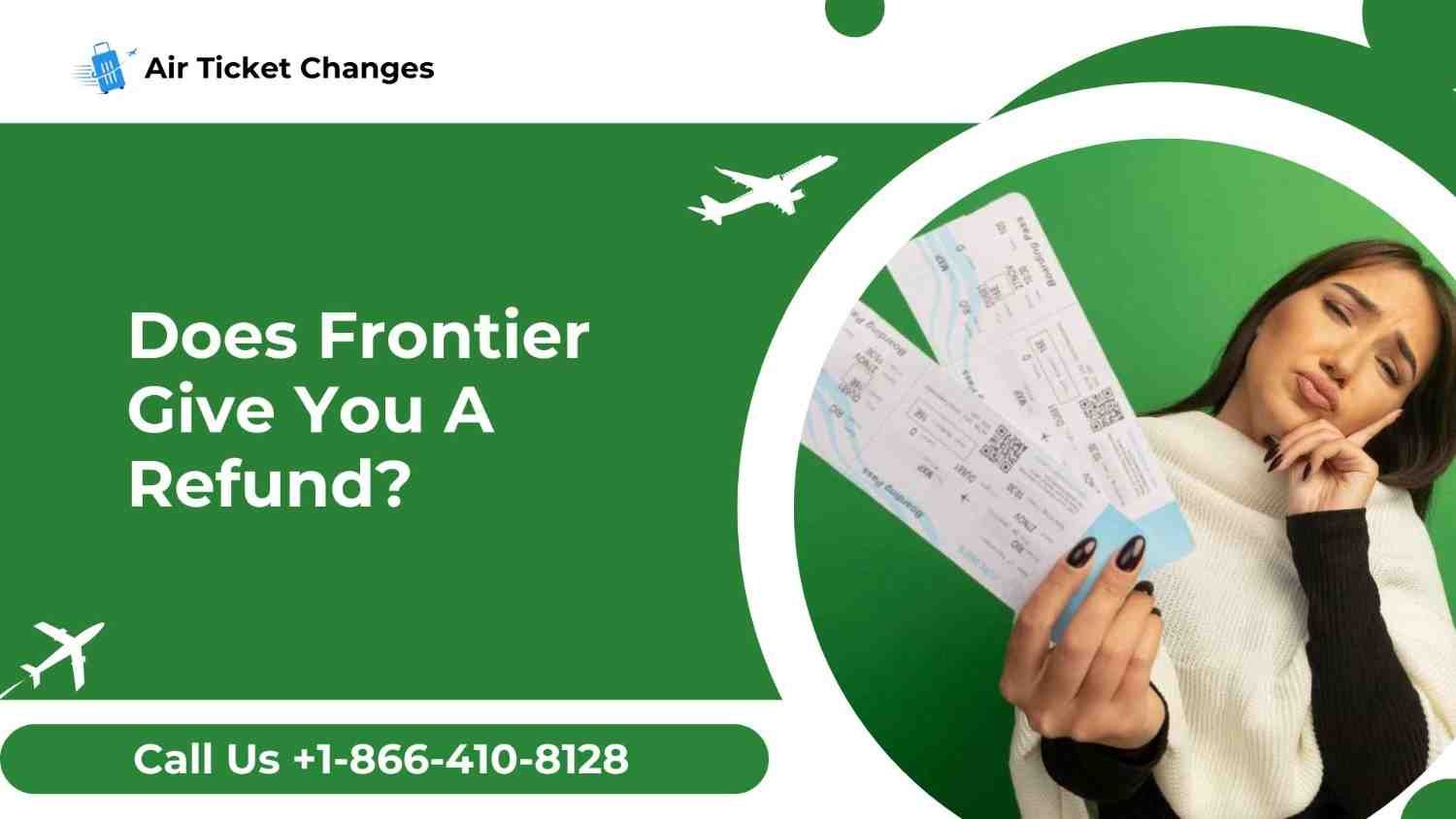

 +1-866-410-8128
+1-866-410-8128